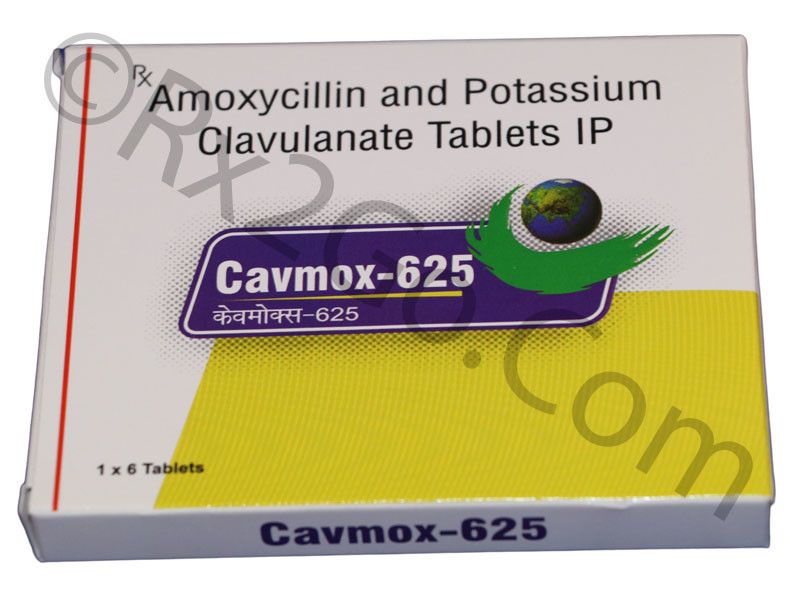What Condition Does Potassium Chloride Treat And Its Price?

Potassium Chloride is a mineral supplement used in people with low amounts of potassium in the blood. This comes as a 600 mg tablet for oral use. The Food and Drug Administration (FDA) has already approved this medication.
What condition does Potassium Chloride treat?
Potassium Chloride is used to prevent and treat low amounts of potassium in the blood. It is important to have a normal level of potassium in your blood. It helps your muscles, nerves, cells, kidneys, and heart work well. Several people get adequate potassium by having a well-balanced diet. Certain conditions that might lower the potassium level in your body include:
- Hormone problems such as hyperaldosteronism
- Vomiting and diarrhea
- Treatment with water pill or diuretics
How does Potassium Chloride work?
The potassium ion is the leading intracellular cation of most body tissues. It contributes to several essential physiological processes including:
- The contraction of cardiac, skeletal, and smooth muscle
- The transmission of nerve impulses
- The maintenance of intracellular tonicity
- The maintenance of normal renal function
Potassium is under the steady-state condition and a usual dietary component. The total potassium absorbed from the gastrointestinal tract is equivalent to the quantity excreted in the urine. After a few days of taking Potassium Chloride, your potassium levels will return to normal.
What is the dosage of Potassium Chloride?
Potassium Chloride is to be taken by mouth with a full glass of water as directed by your doctor. Each dose may be taken with a meal to avoid stomach upset. After taking the medicine, do not lie down for 10 minutes. Remember to take it at the same time and in the same way each day. The recommended dose will depend on your medical condition and first response. You must take it exactly as it is prescribed. Do not take more or less than it is given.
Call your doctor if you have trouble swallowing the medicine. You might able to mix the tablet with soft food or dissolve it in water. Follow carefully the instructions of your doctor. Also, you may need to follow a special diet while taking Potassium Chloride. Follow all the instructions of your dietitian or doctor. Learn about the food to eat or avoid helping control your condition.
What are the precautions in using Potassium Chloride?
Before taking this medicine, you need to discuss the following with your healthcare provider:
- You must not take potassium chloride if you are allergic to it
- You take a potassium-sparing diuretic or water pills such as triamterene, amiloride, or spironolactone
- You take other drugs that may affect this product including vitamins, food supplements, herbal products, over-the-counter medicines, or prescription
- Having high levels of potassium in your blood
Tell your doctor if you have ever had:
- High blood pressure
- Heart problems
- An adrenal gland disorder
- Liver or kidney disease
- A large tissue injury such as a severe burn
- Slow digestion
- Trouble swallowing
- Diabetes
- Severe dehydration
- An ulcer, stomach bleeding, or a blockage in your stomach or intestines
- An electrolyte imbalance such as magnesium in your blood or low levels of calcium
Things to avoid while taking Potassium Chloride:
- Do not take other products that have potassium unless it is given by your doctor. Low-salt foods or salt substitutes frequently have potassium. Read the label of any medicine or food to see if it has potassium.
- Medicine that is used to prevent organ transplant rejection
- Heart or blood pressure medication
Breastfeeding and Pregnancy:
- Certain medication must not be used during breastfeeding or pregnancy. However, other medications may be safely used providing the benefits and risks for the mother and unborn baby. Always inform your doctor if you are planning pregnancy or pregnant before using any medication.
- Breast milk is naturally low in potassium. This medicine is not known to be harmful if used during breastfeeding provided that the potassium levels of the mother do not rise too high. Potassium Chloride must be used carefully by breastfeeding mothers. Ask your doctor for further advice.
Price of Potassium Chloride vs. K-Dur
The generic Potassium Chloride is a potassium supplement that helps you prevent having low potassium in the body. Having enough potassium levels helps avoid serious complications. Potassium Chloride only costs $0.64 per unit of 600 mg tablet and $38.41 for 60 tabs. The brand name K-Dur costs $0.78 per unit of 600 mg and $48.6 per 60 tabs.



